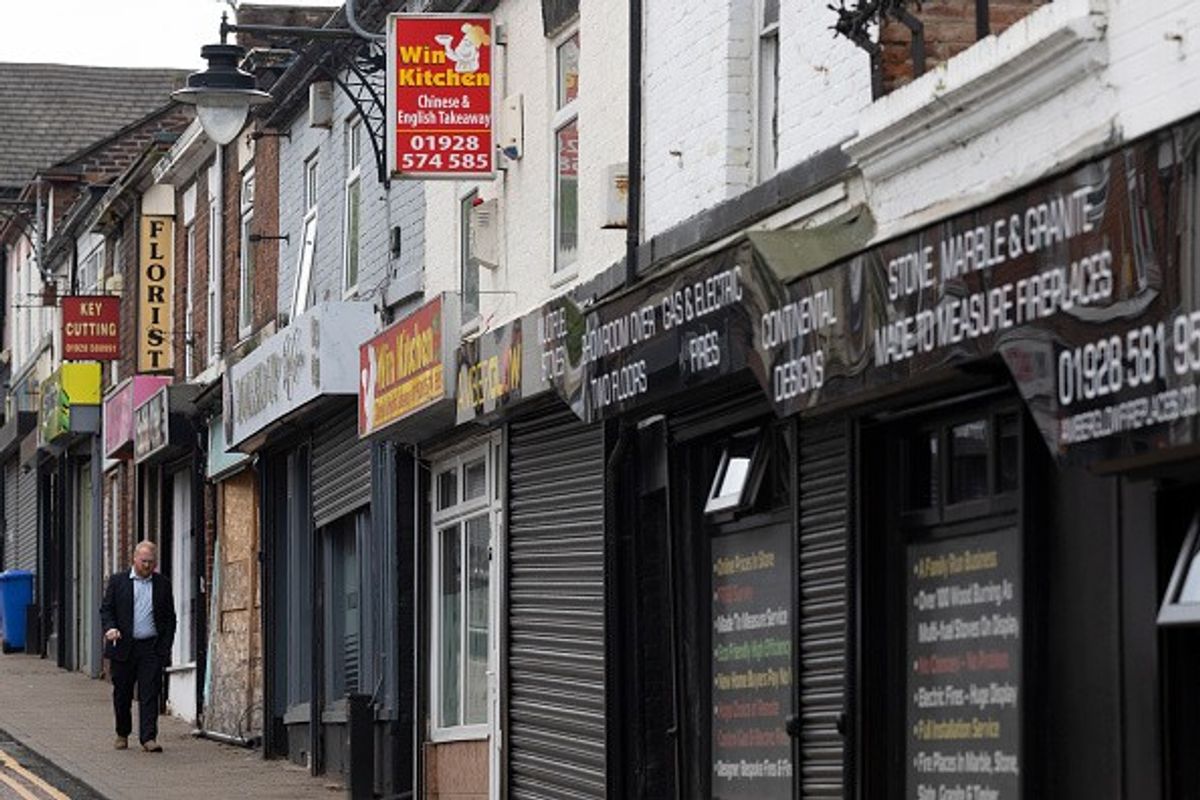Chancellor's Spending Review is being met with a mixed response from retailers with some expressing relief over the government's commitment to high street safety while some expressing disappointment, saying it offers little for beleaguered small businesses.
The Chancellor's announcement includes a 2.3 per cent real terms yearly funding increase for policing in England and Wales, representing more than £2bn in additional investment.
This funding is intended to support government pledges on cutting crime and increasing police numbers – issues of critical importance to independent retailers who continue to face challenges with retail crime.
The British Independent Retailers Association (Bira) has praised the government's commitment to high street safety and community regeneration following the three-year budget announcement.
Andrew Goodacre, CEO of Bira, said, "In our submission to the spending review we asked for more money to be spent on keeping high streets safe. It looks as if that has happened with more neighbourhood police officers promised and increased spending for the police.
"We also asked for continued investment in high streets around the UK. There have been no specific references to this but we are pleased to see the Ministry of Housing, Communities and Local Government has been given a new local growth fund and money to invest in up to 350 deprived communities across the UK, to fund interventions including community cohesion, regeneration and improving the public realm.
"The details are missing but we urge the department and the Mayors to focus on high street regeneration," added Mr Goodacre. "Independent retailers are the backbone of our high streets and local communities. While we welcome this investment, it's crucial that it translates into tangible improvements for the independent retail sector."
Small businesses, however, are not happy.
The government’s spending review, revealed on June 11, offers little in the way of support for beleaguered small businesses, says the Fed.
The Fed’s National President Mo Razzaq said, “Although plans for an extra £2billion for the police and increasing the number of neighbourhood officers by 13,000 were announced, it is disappointing that our repeated calls for grants to help retailers improve their security systems have been unsuccessful so far.”
The report also says the government intends to invest at least £80 million per year for ‘tobacco cessation programmes and enforcement to support delivery of the Tobacco & Vapes bill’.
Razzaq added, “We will be writing to the government to ask for clarity on what the enforcement entails. The trade in illicit tobacco is an increasing problem for retailers, and we want to see firm action to tackle this.
“In addition, our members are currently adapting to higher National Insurance contributions that were announced in the Autumn budget, but which only took effect in April.
“In the wake of the spending review and run-up to the next Budget, we will be calling on the government to reduce the cost pressures on our businesses by reviewing recent tax increases and providing proper Business Rates Reform, so they can continue to serve their communities.”
Another industry expert pointed out that households will continue to remain under financial strain and shoppers are expected to become cautious on food and drink spending.
James Walton, Chief Economist at IGD (Institute of Grocery Distribution) said, "In many ways, SR25 could have been much worse for the food and drink system. Defra has seen real-terms cuts to spending, but not to the degree that some feared.
"Greater government investment in energy, infrastructure, and healthcare has strong potential, if implemented swiftly and effectively. However, the real impact remains distant, with individuals unlikely to see tangible benefits for years, or even decades.
"A key part of the story is still missing- how will future spending be paid for? Debt is already growing ahead of plan, even though taxes are very high.
"Budget 2025 must present a credible, detailed and sustainable plan for raising funds.
"IGD expects most UK households to remain under financial strain, with tax burdens becoming a greater concern than inflation. As a result, most consumers will stay defensive, prioritising value and caution in their food and drink purchases."


